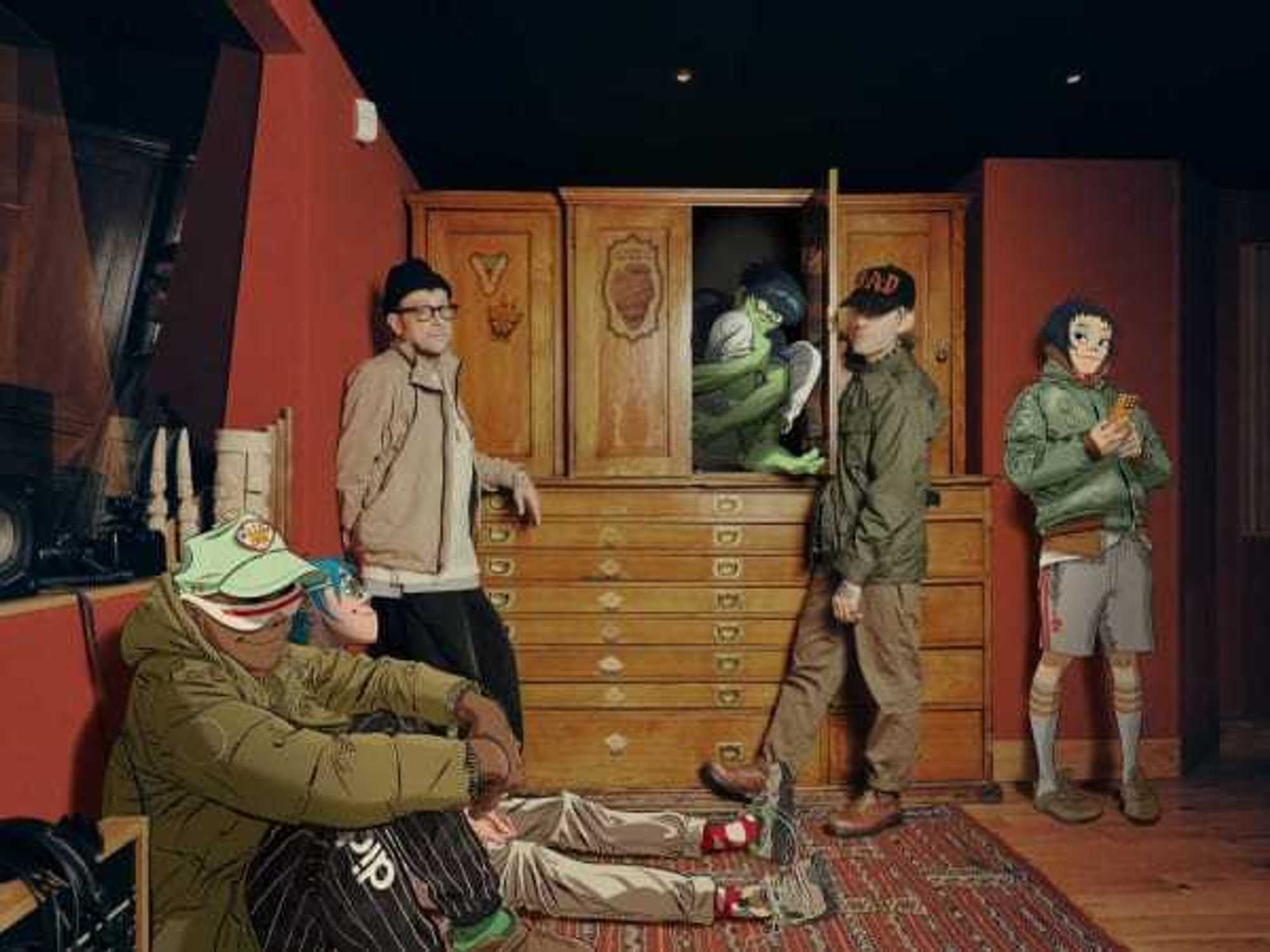Striking a chord
City of Austin drums up plan for potential purchase of struggling music venues

City leaders are drumming up a strategy to help ensure Austin music venues survive after the COVID-19 pandemic forced them to close temporarily.
On May 21, the Austin City Council passed two resolutions asking the city manager to explore creation of a program that, among other things, could potentially buy private venues or make city-owned buildings available for live music and other creative purposes. City officials cite the old City Hall (124 W. Eighth St.) and a former campus-area fire station (3002 Guadalupe St.) as examples.
The two resolutions “lay the foundation for a more sustainable future for Austin’s music and creative communities,” said Mayor Steve Adler in a May 22 release.
The Red River Cultural District created a proposal in early May asking the city to allocate $35 million to buy and preserve venues in the neighborhood. Fewer than 10 percent of the district’s music venues own their property outright. Under this plan, the city would become the landlord for venues in the district, which "is adjacent to significant economic and historical assets such as the Dell Medical School and teaching hospital, the Waterloo Greenway, Historic E. 6th Street, and the Palm District."
The resolutions direct City Manager Spencer Cronk to deliver plans to the council by June 11 aimed at buoying the city’s arts and music sectors. The proposals are supposed to center on establishment of two nonprofit entities, an economic development corporation and a cultural trust. Prospective partners in this project include the Austin Independent School District and Huston-Tillotson University.
One of the resolutions states that city leaders want to retain Austin’s status as “the Live Music Capital of the World and a cultural center by supporting near-term relief and long-term investment in its creative economy, including artists, venues, and industry professionals.”
The other resolution cautions that without financial support for local music spots, restaurants, and bars, the pandemic could “result in permanent closures of iconic venues.” The Red River Cultural District wants Austin’s 54 designated music venues to be eligible for some of the city’s $170 million in federal coronavirus aid for businesses.
Even before the pandemic, music venues were struggling to stay open as they coped with the city’s population growth, cost-of-living spike, and construction boom. A report issued in 2017 by the Urban Land Institute warned that some music venues in the Red River district, which includes Stubb’s and Mohawk Austin, were “vulnerable to being replaced or severely impacted by new commercial development and/or unpredictable, unaffordable rents.”
“Making strategic, long-term investments in our musicians, artists, and local businesses will benefit our community in immeasurable ways,” Council Member Kathy Tovo, whose district includes a big chunk of the Red River district, says in the May 22 release.
Adler and Tovo spearheaded the two resolutions, which were co-sponsored by council members Greg Casar, Natasha Harper-Madison, and Ann Kitchen.
This initiative is both cultural and economic in nature. A study released in 2016 estimated that the annual economic impact of Austin’s music industry exceeded $1.8 billion. But long before the current pandemic, industry advocates have feared for the future of this economic engine.
“Artists and musicians have always flocked to Austin to rub shoulders with each other and to enjoy a kind of freedom of expression you just can’t find in most other cities,” Harper-Madison says in the release. “They’re the ones who lead the way in defining Austin’s famously off-kilter culture. But right now, those artists and the ecosystem that supports them are especially vulnerable to the economic crisis we’re facing. Protecting them means protecting Austin’s spark.”
